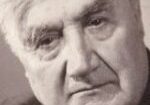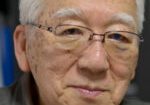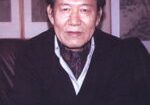Gubaidulina, Sofia
(1931-2025)
Year of Election: 2011
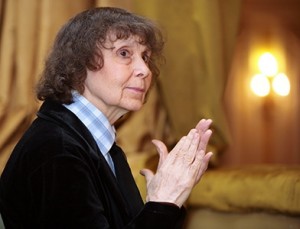
Sofia Gubaidulina was born in Chistopol in the Tatar Republic on 24 October 1931. She studied the piano (with Grigory Kogan) and composition, and graduated from the Kazan Conservatory in 1954. Until 1959 she studied composition at the Moscow Conservatory with Nikolai Peiko, Shostakovich’s assistant, and then did postgraduate work under Vissarion Shebalin. She has been active as a composer since 1963. In 1975, together with Viktor Suslin and Vyacheslav Artyomov, she founded the ‘Astreya’ Ensemble, which specialized in improvising on rare Russian, Caucasian, Central Asian and East Asian folk and ritual instruments. These hitherto unknown sounds and timbres and ways of experiencing musical time had a profound influence on her creative work. Since the early 1980s, and especially as a result of the support and encouragement given to her by Gidon Kremer, her works have been performed widely in western countries. With Schnittke, Denisov and Silvestrov, she is now seen to be one of the leading representatives of the New Music in the former Soviet Union.
Gubaidulina has received numerous awards and prizes. These include the Rome International Composer’s Competition (1974), the Prix de Monaco (1987), the Koussevitzky International Record Award (1989 and 1994) for the CD recording of her violin concerto ‘Offertorium’ (DG-47336-2), and her symphony ‘Stimmen … verstummen …’ (Chandos-9183), the Premio Franco Abbiato (1991), the Heidelberger Künstlerinnenpreis (1991) and the Russian State Prize (1992). Her recent awards include the Ludwig Spohr Prize of the City of Brunswick (1995), the Japanese Praemium Imperiale (Tokyo, 1998), the Prize of the Léonie Sonning Music Foundation in Copenhagen (1999), the Stockholm Concert Hall Foundation’s Honorary Medal in Gold (2000), the Goethe Medal of the City of Weimar (2001), the Polar Music Prize (2002), The Great Distinguished Service Cross of the Order of Merit of the Federal Republic of Germany (2002) as well as the Living Composer Prize in the Cannes Classical Awards 2003.
Although Sofia Gubaidulina’s education and background are Russian, it is important to bear in mind the significance of her Tatar origins. Her compositional mastery enables her to make use of contemporary techniques evolved by the European and American avant-garde, though in a wholly individual manner. Furthermore, oriental philosophies have had an influence on certain aspects of her music. A striking feature of Gubaidulina’s work is the almost total absence of ‘absolute’ music. The vast majority of her pieces have an extra-musical dimension, e.g. a poem, either set to music or hidden between the lines, a ritual, or some kind of instrumental ‘action’. Some of her compositions demonstrate her preoccupation with mystical ideas and Christian symbolism. She has wide-ranging literary interests, and has set to music poems by ancient Egyptian and Persian writers and contemporary lyric poetry by Marina Tsvetayeva, for whom she feels a deep spiritual affinity.
“To my mind the ideal relationship to tradition and to new compositional techniques is the one in which the artist has mastered both the old and the new, though in a way which makes it seem that he is taking note of neither the one nor the other. There are composers who construct their Works very consciously; I am one of those who ‘cultivate’ them. And for this reason everything I have assimilated forms as it were the roots of a tree, and the work its branches and leaves. One can indeed describe them as being new, but they are leaves nonetheless, and seen in this way they are always traditional and old. Dmitri Shostakovich and Anton Webern have had the greatest influence on my work. Although my music bears no apparent traces of it, these two composers taught me the most important lesson of all: to be myself.” (Sofia Gubaidulina)
Read more at www.sikorski.de

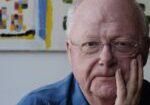
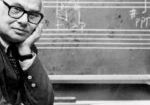

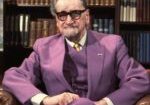


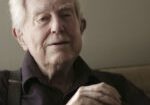
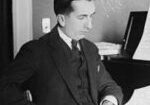

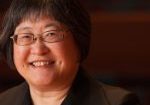
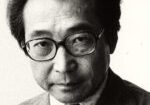
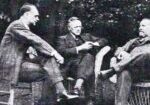

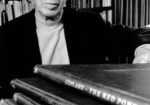

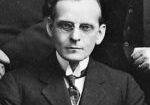

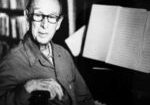


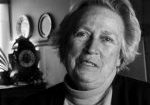
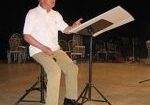

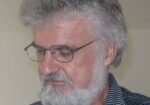
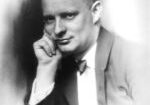
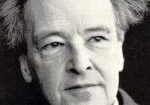

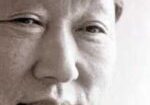



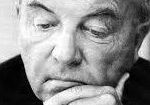

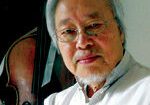




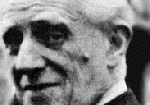
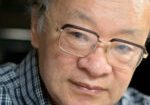
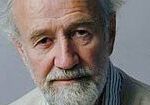
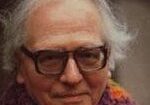
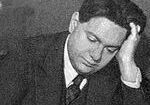


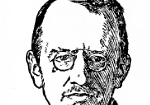



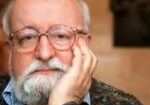
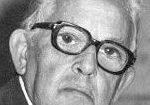
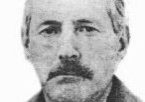


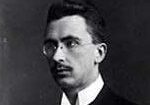
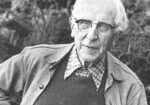
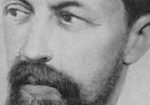



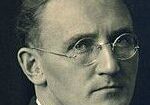
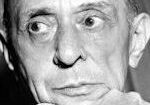
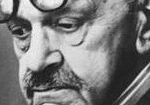
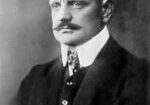



![Intel(R) IPP JPEG encoder [7.1.37466] - Sep 25 2012; Intel(R) IPP JPEG encoder [7.1.37466] - Sep 25 2012;](https://iscm.org/wp-content/uploads/bb-plugin/cache/Takemitsu2-150x150-landscape-cf22e4b9c16b8acff68edeb43de8def1-.jpg)
